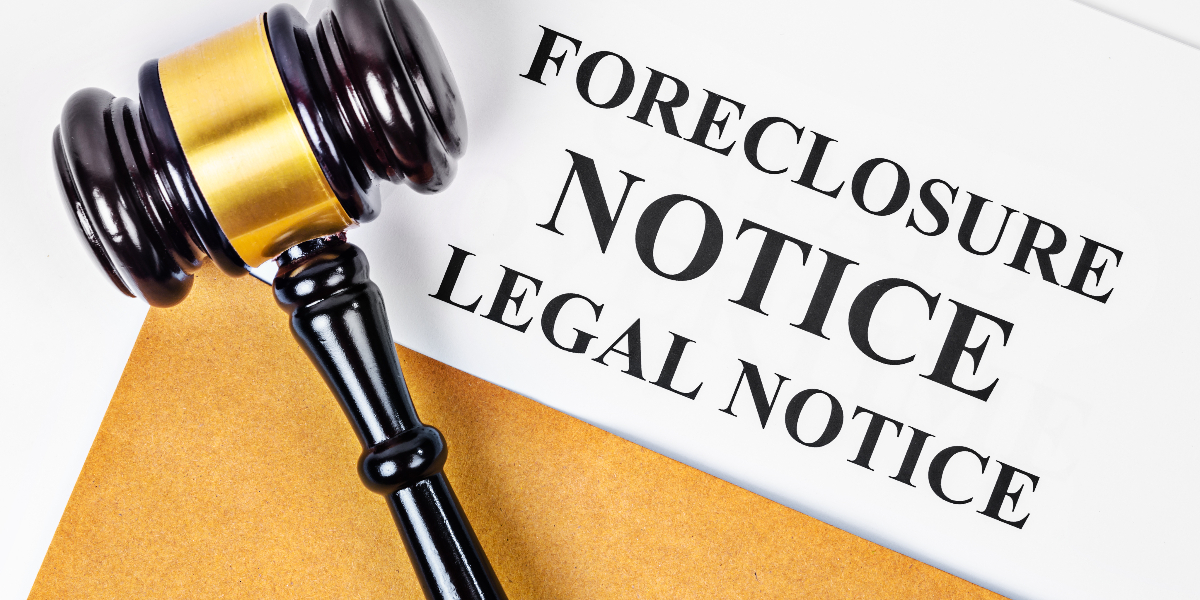A Fresh Start is Accomplished Through Bankruptcy Exemptions
Exemptions in bankruptcy are provisions that allow debtors to protect certain assets from being liquidated to pay off their debts. These exemptions provide a fresh start by folks can and do retain essential property and belongings necessary for a reasonable standard of living and enabling them to rebuild their financial lives after bankruptcy. Here's how exemptions provide a fresh start in bankruptcy: Asset protection: Exemptions typically cover essential assets such as a primary residence, personal vehicles, necessary clothing, household goods, tools of the trade, retirement accounts, certain bank deposits, and public benefits. By exempting these assets, debtors can keep them even after...
Continue reading






